Researchers at the University of North Carolina's Lineberger Comprehensive Cancer Center corrected a mistake in a 2021 study published in Nature, which found that the AIM2 protein in regulatory T cells plays a crucial role in restraining autoimmune diseases. The correction, which was made on January 27, 2021, involved replacing two flow cytometry panels in Extended Data Fig. 5h and 5i with the correct images.
According to the correction, the error occurred due to a copy-paste mistake in figure preparation. However, the quantification, statistics, and conclusions of the study remained unaffected, as all analyses were performed using the correct underlying FCS files. The study's authors, Wei-Chun Chou and Zengli Guo, contributed equally to the research, along with Maureen A. Su, who is now affiliated with the Department of Microbiology, Immunology, and Medical Genetics and Pediatrics at UCLA.
The original study, which was published on January 27, 2021, explored the role of AIM2 in regulatory T cells and its impact on autoimmune diseases. The researchers found that AIM2 helps to regulate the immune system and prevent autoimmune responses. The study's findings have significant implications for the development of new treatments for autoimmune diseases, which affect millions of people worldwide.
Dr. Maureen A. Su, a co-author of the study, noted that the correction did not change the overall conclusions of the research. "The correction was made to ensure the accuracy of the figures, but it did not affect the underlying data or the conclusions of the study," she said.
The study's findings have been widely recognized as a significant contribution to the field of immunology. The research has sparked further investigation into the role of AIM2 in regulating the immune system and preventing autoimmune diseases. As researchers continue to study the mechanisms underlying autoimmune diseases, they are working to develop new treatments that can effectively manage and potentially cure these conditions.
In related news, researchers are currently exploring the potential of AIM2 as a therapeutic target for autoimmune diseases. Studies are underway to investigate the safety and efficacy of AIM2-targeting therapies in humans. While these studies are still in the early stages, they hold promise for the development of new treatments for autoimmune diseases.
The correction to the study has not changed the overall significance of the research, which remains a crucial contribution to the field of immunology. As researchers continue to build on this work, they are working to develop new treatments that can effectively manage and potentially cure autoimmune diseases.
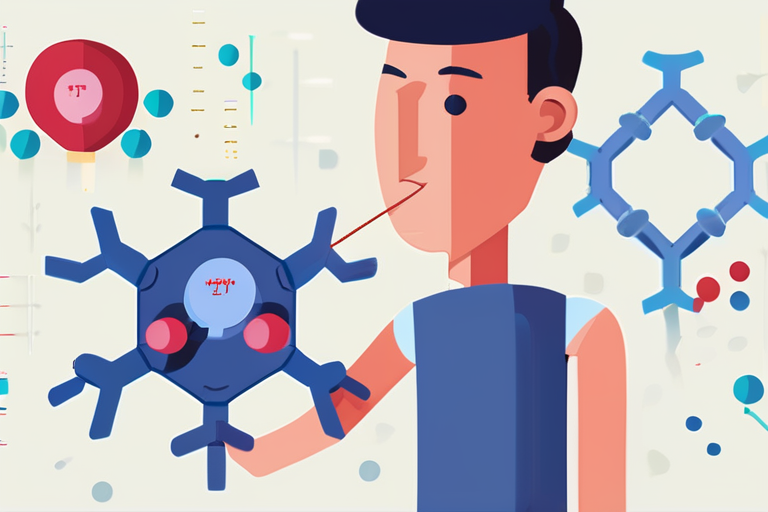

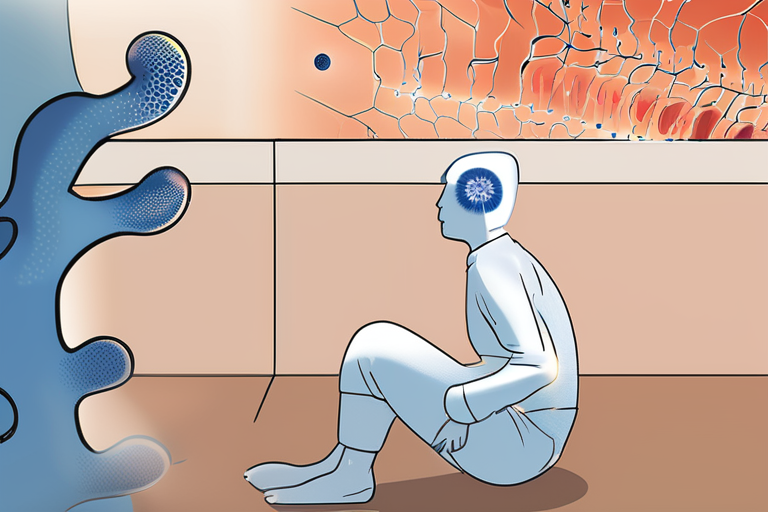
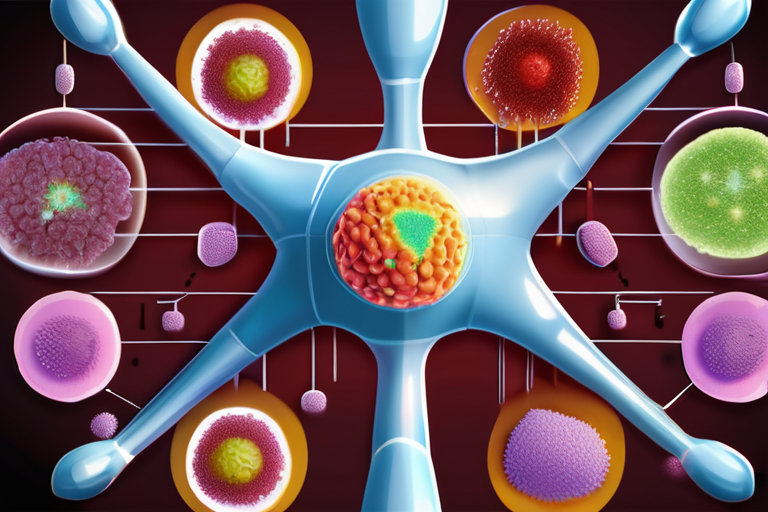
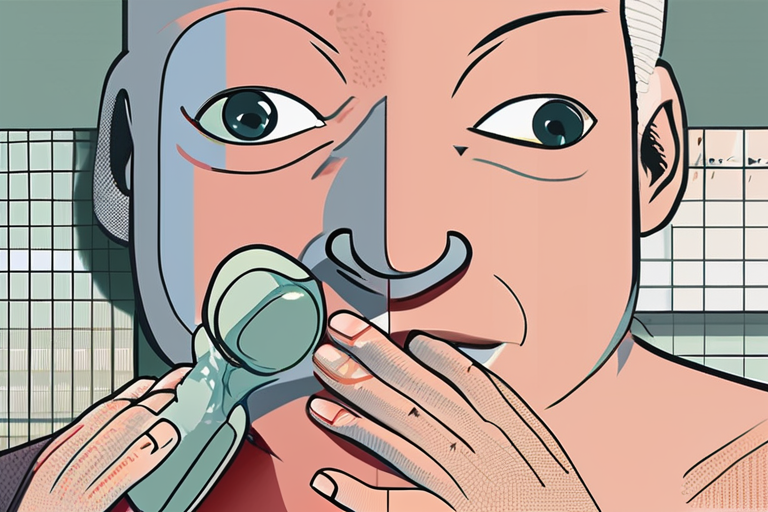

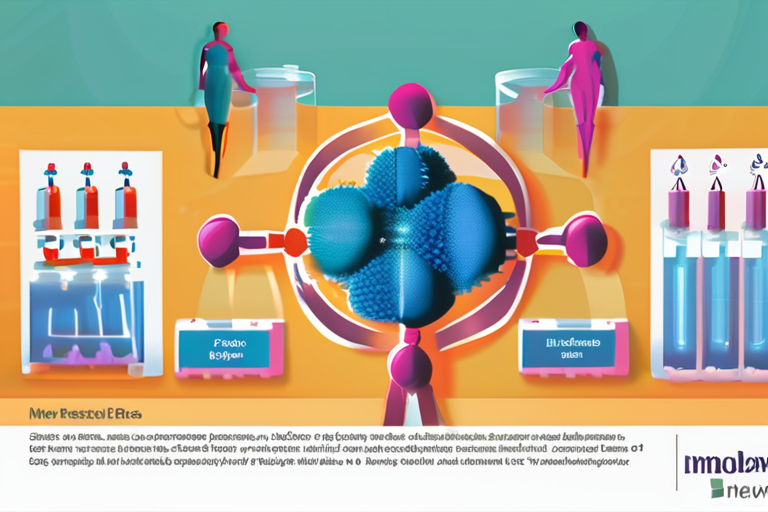





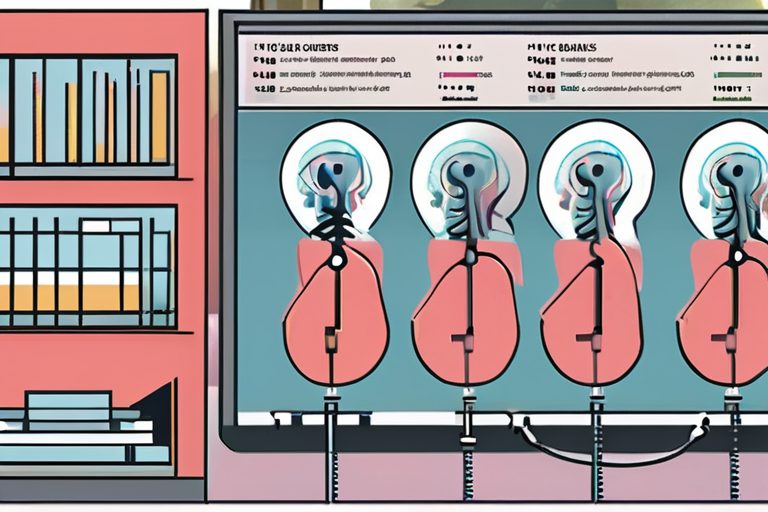

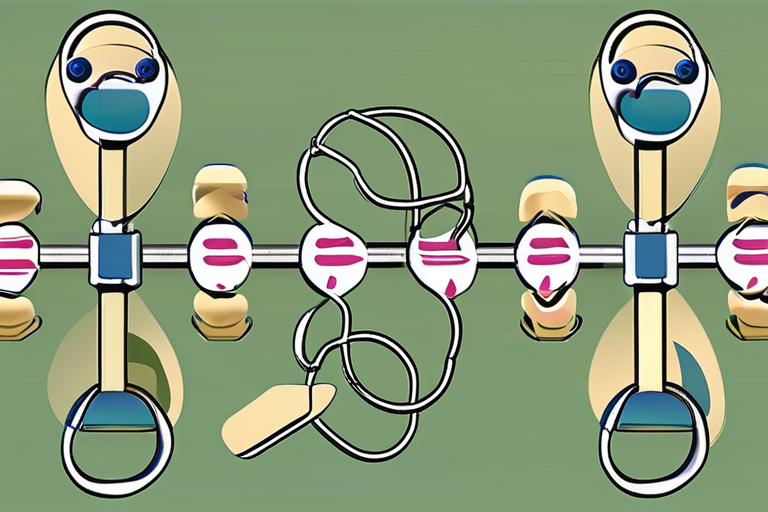

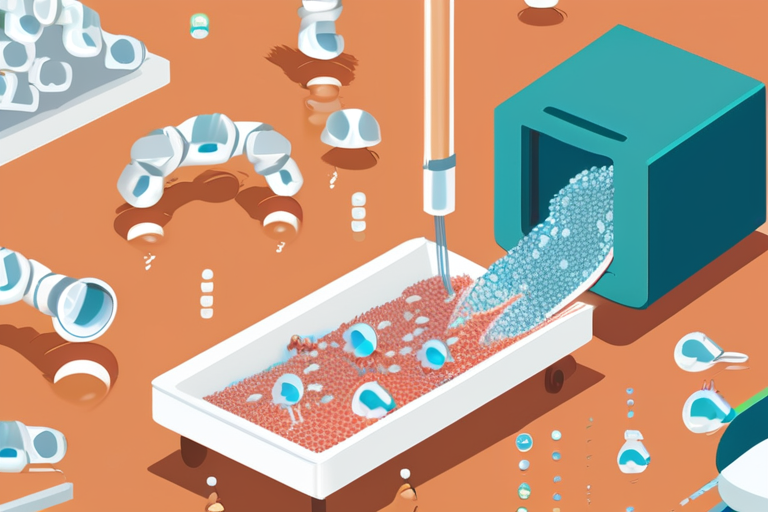
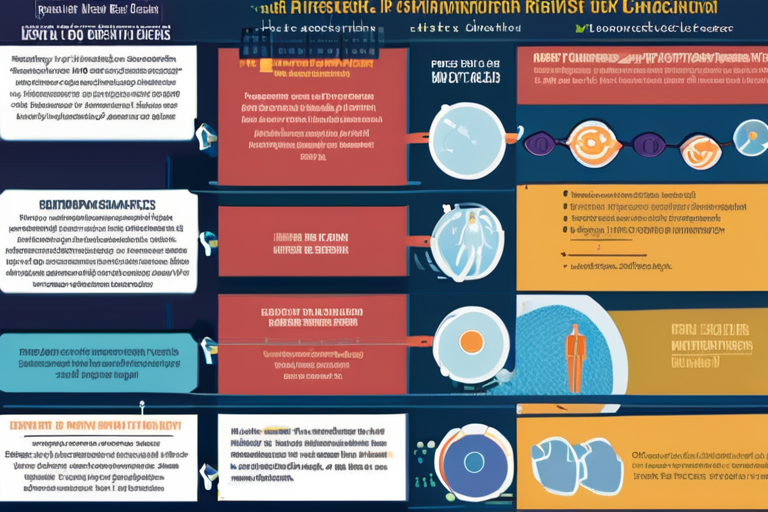





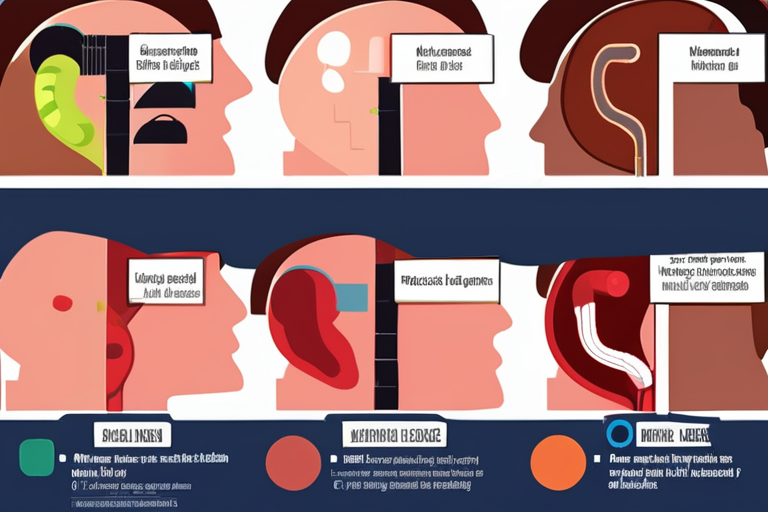


Share & Engage Share
Share this article